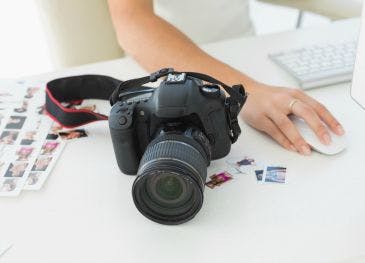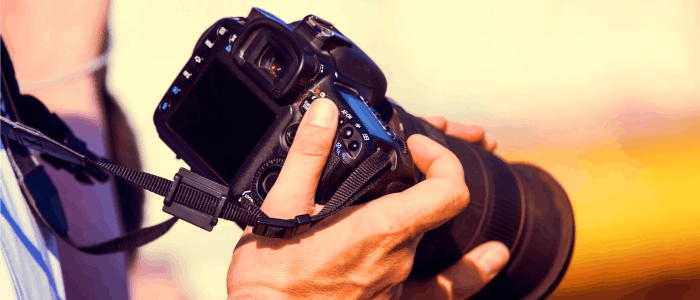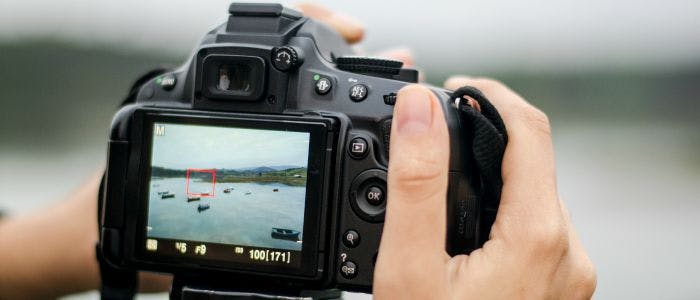UNIVERSITY NEWS LAST UPDATED : 02 SEPTEMBER 2015

It's an amazing feeling turning your passion and hobbies into a career path, especially in something creative such as photography.
Starting a course in photography this September? Our student Sophie Hack is ready to share her advice with you. Whether you’re starting out or a photography veteran, here are 10 tips that every photographer needs to know.
1. Keep your camera with you at all times
It sounds obvious, but you never know when that opportune moment for a golden photo will strike. Keep the basics with you and always look around. Can you change your surroundings and show them in a different light?
2. If you struggle with your shots looking the same, make a list of different angles and keep it with you
Do you always find yourself creating the same compositions? Do you research, look at what the photographers you admire are doing, make note of what makes their compositions different and put a twist on it.
3. Learn about all the kinks in your camera
An obvious tip, but you need to learn what modes work best for different lighting and for what's around you. The best thing to do is practice, take photos constantly in different scenarios (even ones that aren't your style) to work out what suits you the best.
4. Don't let your camera make the decisions for you:
Shooting in auto can be beneficial for some situations, but this setting means that your camera is deciding where the light is and what it is doing within the photo. This flaw, as well as a slow shutter speed, can send you photos off balance and blurred. Configure the exposure with the +/- function on your camera, if the photo is too dark, move it up. Too light, move the exposure down.

5. If it works for you, shoot in RAW
Although all images are automatically saved as JPEGS, this can compromise the image. Not only by reducing the quality but also hindering you from making any major changes to the image when in the retouching stages. Shooting in RAW (which your camera initially shoots in before it changes to JPEG) allows you to make changes in things such the lighting, pretty much like going back in time and changing what was wrong with the composition.
6. Don't be afraid to make mistakes
Even world famous photographers didn't wake up one day to a stellar studio and incredible portfolio. They made mistakes and went through trial and error, they shot a whole photo shoot in the wrong setting and went a bit too heavy on the PhotoShop tools. But that is how you grow as a photographer and find what makes your work different.
7. You don't need all the equipment in the world
A decent photograph lies within the composition, so don't feel like you need to own multiple lenses and accessories to take a good photograph. Master what you own now and then if you want to upgrade, take the step further and invest in the right equipment for your style.
8. That being said, investing in a few items may come in handy
An external flash for night time or event photography, a flash diffuser to make new artificial light seem less harsh, as well as a good old tripod will be useful. You'll be amazed at how easier photographing will become, and it will open up more outcomes within your work.
9. Be selective
Not every single photograph from a photoshoot will be award winning – so it’s important to put a critical head on. Select a handful, perhaps between 10 to 20 per cent of your photos and save them for post processing. It only takes a handful of photos to tell a story, so 200 odd of the same composition may drown out the high quality photos you have taken.

10. Finally, promote your work!
You may have taken an amazing image that is beautifully edited, but who's going to see it if you just keep it on your computer? Upload your work to social media, even if only your friends and family see it! Make a Facebook and Flickr page, or even build a website to use as an online portfolio and to connect with people. If you create a personality behind the camera, it will make your photographs seem that bit more alive.
Got any tips for any budding photographers? We'd love to see them, so tweet them us at @BCU_Arts.